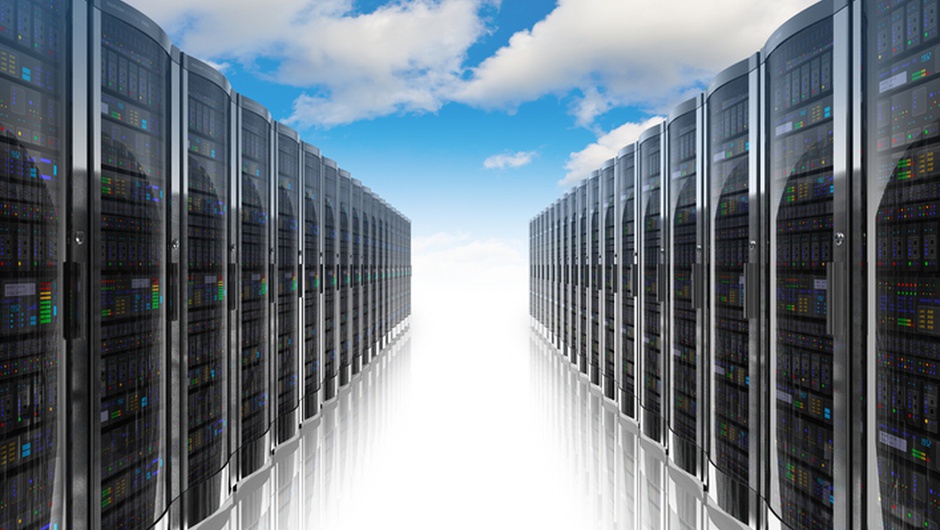We need to build more efficient and responsive data center infrastructure that can satiate the need to handle huge volumes of information that is spewed out in the era of Big Data. The future data center belongs to decentralized architectures that are not influenced by human interference in order to seamlessly deliver end-user capabilities as well as applications.
There is hardly any doubt that distributed infrastructures of future data centers will need to deal with security concerns as the end users will gain greater access to the range of data center capabilities including their architecture. It is therefore essential to sustain data integrity by adopting blockchain methodology to build distributed yet secure data centers of the future.
A brief overview of blockchain
Although most of us refer to blockchain as a new technology, it is essentially a concept to address concern of mutual faith between two parties. While dealing with the trust issue, a blockchain delivers capabilities of an operating system that is focused on data security.
Blocks serve as storage units of data for a single transaction thereby contributing significantly to the security of the entire blockchain network. Blockchain is essentially a decentralized platform to resolve issues of monolithic databases in centralized data center architectures while enhancing security in a distributed environment.
Addition of fresh blocks of information in a blockchain is performed by simultaneously attaching the new blocks with their predecessors while maintaining absence of single points of failure. The robust linkage of data-blocks in a distributed blockchain network makes it absolutely impregnable to the hacker community.
The independently operating and seamlessly linked units of database structures in a blockchain is the fundamental attribute that can be intelligently applied to enhance security in future data centers.
Operation of a blockchain
Working of any blockchain involves certain elements that signify the unique functioning of a blockchain. These five elements are described ahead.
P2P transmission- A blockchain is designed to enable P2P communications between any two counterparts. Every single node in a blockchain must maintain individuality the chain and its version should always be updated, so that a seamless P2P transmission is possible.
Distributed- The distributed nature of databases in a blockchain allows seamless accessibility to databases including their past history. Furthermore, ability of a node to verify entire or even a single unit of information is also a vital element of a blockchain.
Impervious to tampering- It is obvious that the past records of blockchain need to be tamper-proof.
Transactional clarity- Seamless visibility into every transaction in a blockchain is provided to every participant.
Freedom to program- In a blockchain, every user has right to create action rules or program algorithms because every transaction is purely digital.
Addressing DC vulnerabilities
Susceptibility of data to theft or intrusion is a major concern in centralized data center infrastructures. By storing all data throughout the given network, a blockchain is able to mitigate a wide range of threats such as intrusion, theft, or any other risk that may result into loss of data. This is possible due to a distributed network that house data in individual blocks instead of a central resource which is vulnerable to single point of failure.
Moreover, a blockchain is devoid of a single point of exposure, hackers cannot pinpoint a single entry to target the entire network. Every node with its unique copy of blockchain is uniformly trusted with flawless maintenance of data quality across the entire gamut of blockchain.
Implementation of blockchain in a DC
Blockchain offers an intelligent and contract-ready capability to facilitate a large spectrum of management functions in data center operations including applications that are driven by rules. Blockchain oriented management system can be relied upon to improve cost efficiency as well as clarity of data center operations.
Some of the vital functions that can be supported by blockchain implementation in a data center are management of assets, cooling and capacity planning in addition to workloads that need virtualization.
Cloud compatibility
Yet another interesting quality of blockchain operation is its potential to match major attributes of cloud hosting such as a distributed profile which is devoid of single point of failure. One can perform a wide array of autonomous workloads by achieving an enhanced security in terms of data assets with help of database multiplicity across the blockchain’s network of cloud.
Blockchain operations such as inter-node transmissions need to be backed by more robust security protocols due to the decentralized infrastructure, which is operating in a cloud environment.
In conclusion
Implementation of highly secure and transaction oriented applications that can be verified is a great virtue of blockchain that can be leveraged in future data centers. Although, blockchain is relatively a new concept in terms of its implementation in data center operations, there are several initiatives planned by enterprises in the finance sector.
Blockchain technology offers amazing opportunities for automation of data center operations. In spite of its speculative nature, experts strongly believe that blockchain is the future driving force for data centers.






 Live Chat
Live Chat

